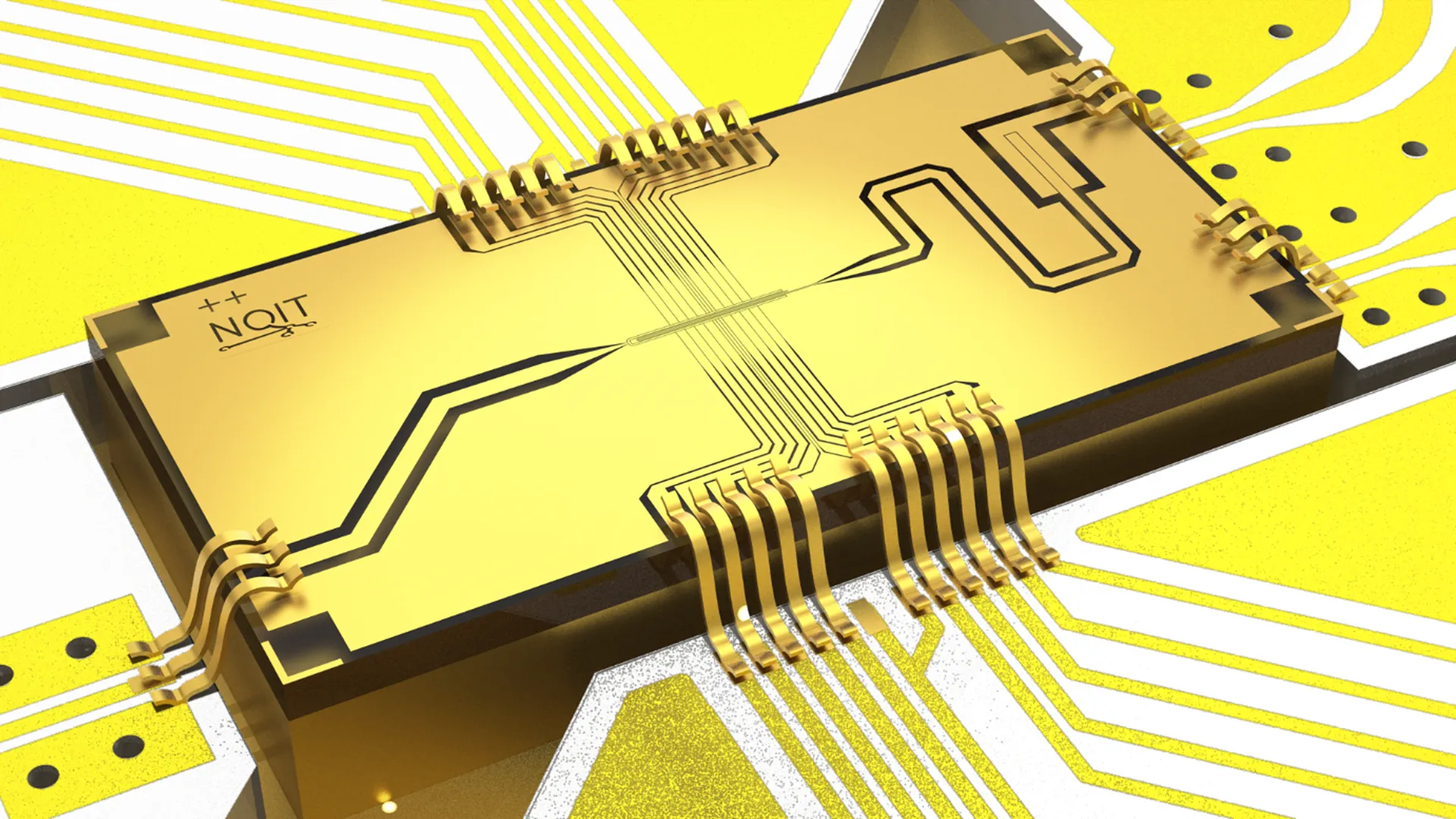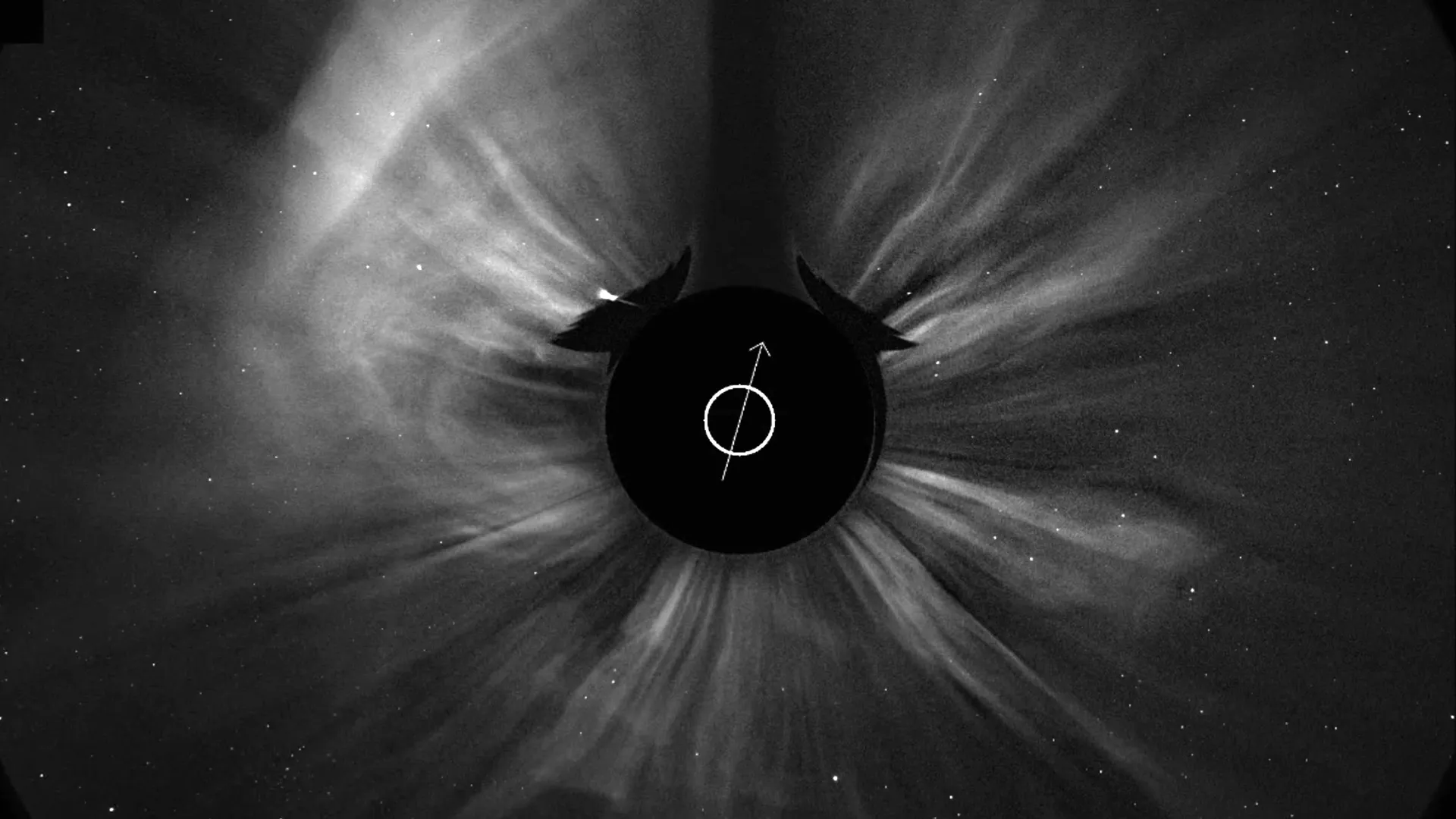Now Reading: Oxford Achieves Rare Quantum Breakthrough: 1-in-6.7-Million Feat
-
01
Oxford Achieves Rare Quantum Breakthrough: 1-in-6.7-Million Feat
Oxford Achieves Rare Quantum Breakthrough: 1-in-6.7-Million Feat

Fast Summary
- Physicists at the University of Oxford achieved a record-breaking quantum computing milestone: a single-qubit operation error rate of just 0.000015% – one error in 6.7 million operations.
- This achievement is published in Physical Review Letters and represents an order-of-magnitude enhancement over their own previous benchmark from 2014.
- The team used electronic (microwave) signals to control trapped calcium ion qubits, rather of conventional laser-based systems, enhancing precision and stability at room temperature without magnetic shielding.
- Lower error rates reduce the need for extensive infrastructure for error correction,paving the way for smaller,faster,and more efficient quantum computers.
- Team members highlighted potential applications in quantum technologies like sensors and clocks alongside computation advances.
- Despite progress with single-qubit gates, improving two-qubit gate accuracy remains imperative for creating practical fault-tolerant quantum machines; current best two-qubit performance has an error rate around 1 in 2000 operations.
Indian opinion Analysis
The developments at Oxford signify substantial progress toward operational quantum computing capable of addressing complex problems beyond classical computational limits. For India-a growing player in global technology-this breakthrough suggests two primary implications: first, it underscores the importance of investing heavily in domestic research on qubits and algorithm efficiency to stay competitive; second, it hints at future accessibility due to reduced costs enabled by fewer technical requirements (e.g., lasers). India’s active involvement through its Quantum Computing Mission aligns with such milestones globally. However, bridging low-error execution across both single-and multi-qubit gates will remain a critical challenge internationally before broad deployment truly accelerates.
























